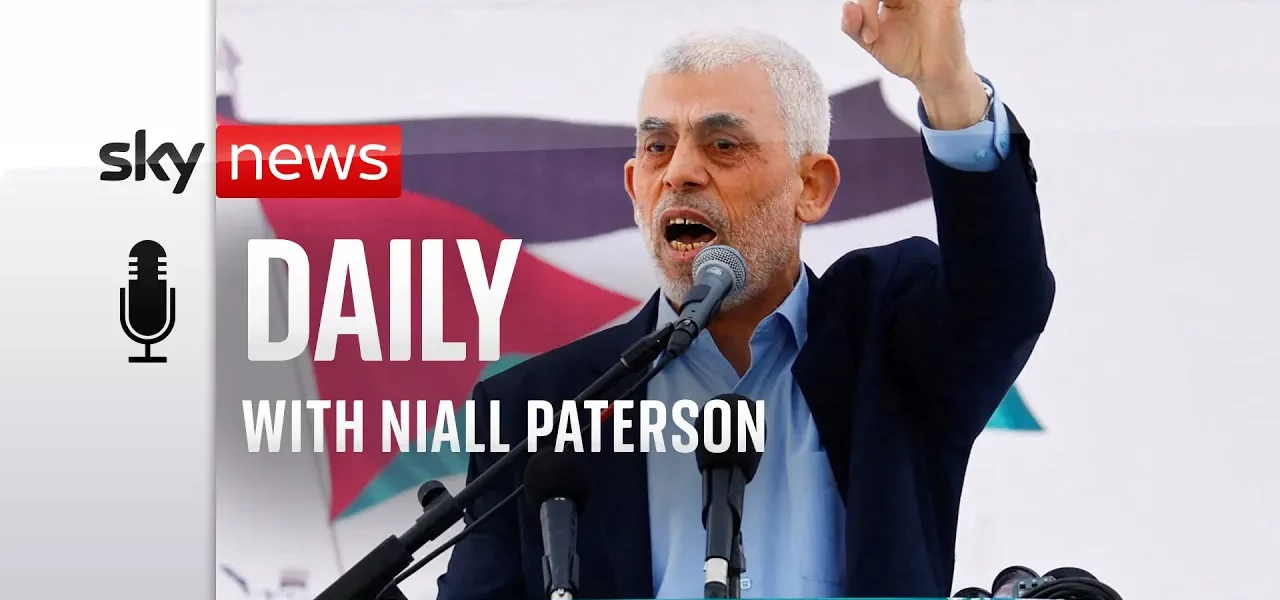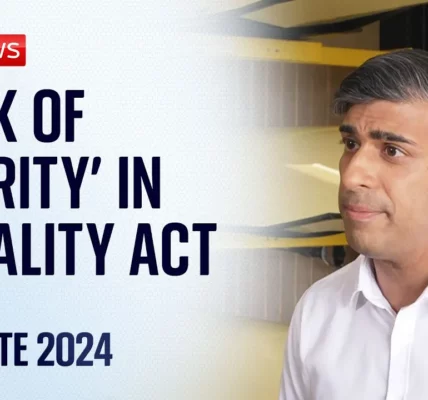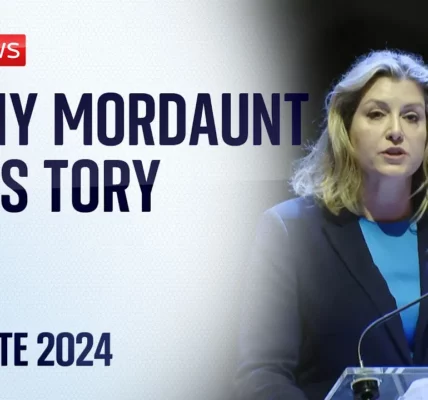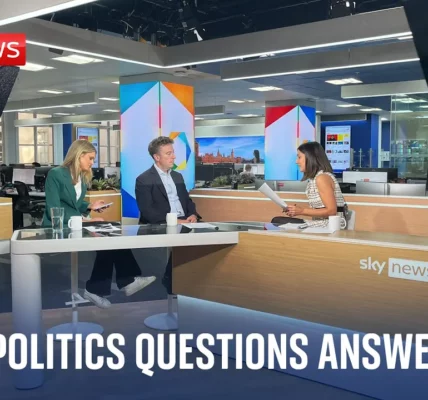The Death of Yaya Sinior: Implications for Hamas and the Israel-Palestine Conflict

In this article, we delve into the significant implications of the killing of Yaya Sinior, head of Hamas, by the Israeli Defense Forces, exploring the impact on the ongoing Israel-Palestine conflict and the future of Hamas leadership.
Introduction
The confirmation of Yaya Sinior’s death marks a pivotal moment in the ongoing Israel-Palestine conflict, which has been characterized by violence, political strife, and deep-seated animosities. Sinior, known for orchestrating the brutal attacks on October 7, 2023, was considered a key figure in Hamas’s military strategy. His death raises questions about the future leadership of Hamas, the potential for further violence, and the broader implications for regional stability. In this article, we will analyze the circumstances surrounding Sinior’s death, the immediate reactions from various stakeholders, and the potential shifts within Hamas and the region at large.
The Context of Yaya Sinior’s Leadership
Yaya Sinior was not just a leader; he was a symbol of Hamas’s militant strategy against Israel. His planning of the October 7 attacks, which resulted in numerous casualties and widespread horror, showcased his commitment to Hamas’s objectives. Below, we explore the context of his leadership and the nature of his tactics:
- Background: Sinior was born in a refugee camp, a background that shaped his views and motivations.
- Military Strategy: He was instrumental in planning operations that involved not only direct attacks but also deception tactics to mislead Israeli intelligence.
- Reputation: Sinior was often referred to as the ‘butcher of Khan Younis’ due to his ruthless methods, including the torture of perceived collaborators.
The Circumstances of His Death
On Thursday, the Israeli Defense Forces (IDF) confirmed the killing of Yaya Sinior in Rafah. This section outlines the circumstances surrounding his death:
Operational Details
According to reports, Sinior was located by a battalion of reservists who observed suspicious movements in the area. The operation that led to his capture was marked by a series of surprising events:
- Identification of Sinior’s presence through drone surveillance.
- Engagement with Sinior and his associates, leading to a tactical response from the IDF.
- Confirmation of his identity through DNA analysis post-engagement.
Responses and Reactions
The news of Sinior’s death elicited a range of reactions:
- Israeli Perspective: Many Israelis viewed this as a significant victory in their ongoing battle against Hamas.
- Palestinian Reaction: In contrast, there has been an outpouring of grief and anger among those who viewed Sinior as a protector of Palestinian rights.
- International Response: The U.S. government acknowledged the operation’s success while urging the need for a political resolution to the conflict.
The Future of Hamas Leadership
With the death of a pivotal leader, Hamas faces a period of uncertainty. This section explores the potential ramifications for the organization:
Leadership Dynamics
Sinior’s absence creates a power vacuum that may lead to:
- Fragmentation of Leadership: The current leadership structure may become more chaotic in the short term.
- Emergence of New Leaders: Potential successors may have different strategies and approaches, possibly leading to a shift in Hamas’s tactics.
- Challenges in Command: The new leaders will face the challenge of unifying the factions within Hamas, which often operate independently.
Potential for Change
The future leadership may not adhere strictly to Sinior’s militant ideology, possibly opening up avenues for negotiation:
- Pragmatic Approaches: Some leaders may be more open to negotiations with Israel and other stakeholders.
- Impact on Hostage Situations: The leadership change may affect ongoing negotiations regarding hostages taken during the October 7 attacks.
The Broader Implications for the Region
Sinior’s death could have wider implications beyond Hamas, affecting regional stability and international relations:
Impact on Israel’s Strategy
The Israeli government, led by Prime Minister Benjamin Netanyahu, may interpret this event as a mandate to continue military operations against Hamas:
- Continued Military Campaigns: Netanyahu’s government may view this as an opportunity to further destabilize Hamas.
- Pressure on Diplomatic Solutions: International pressure may mount for Israel to engage in peace talks, which Netanyahu might resist.
Regional Reactions
Neighboring states, particularly Iran and Lebanon, may react defensively to the shifting power dynamics:
- Iran’s Position: Iran may decide to bolster its support for Hamas or other militant groups in response to perceived Israeli aggression.
- Hezbollah’s Response: Hezbollah may also recalibrate its strategy in light of the changing landscape.
Conclusion
Yaya Sinior’s death is a moment of significance in the Israel-Palestine conflict, but it is unlikely to lead to a resolution of the violence that has plagued the region for decades. While it may represent a tactical victory for Israel, the broader implications suggest a continuation of hostilities, with new leaders potentially rising within Hamas to fill the void left by Sinior. The cycle of violence and retaliation seems set to persist, highlighting the urgent need for a comprehensive political solution to the conflict. We encourage readers to stay informed about developments in the region and consider the complex dynamics at play in the Israel-Palestine situation.
“`




